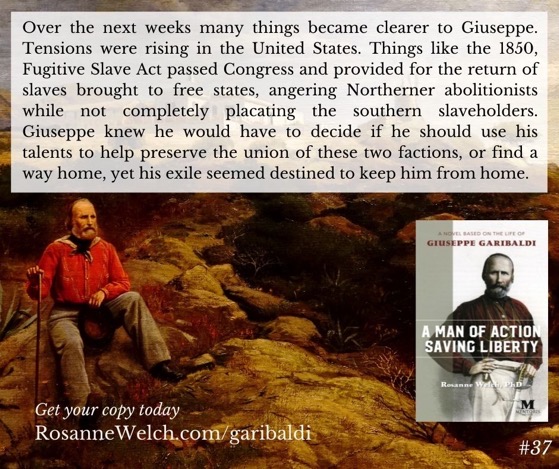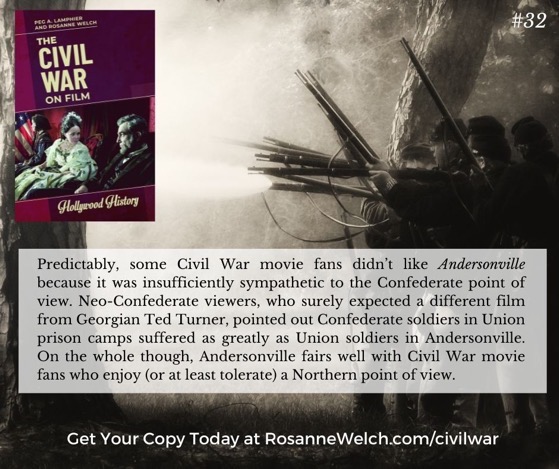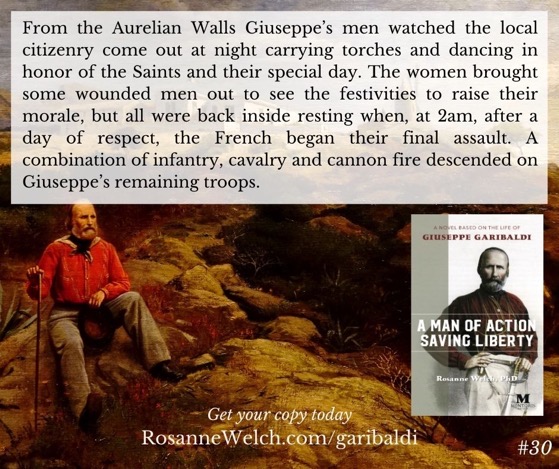Over the next weeks many things became clearer to Giuseppe. Tensions were rising in the United States. Things like the 1850, Fugitive Slave Act passed Congress and provided for the return of slaves brought to free states, angering Northerner abolitionists while not completely placating the southern slaveholders. Giuseppe knew he would have to decide if he should use his talents to help preserve the union of these two factions, or find a way home, yet his exile seemed destined to keep him from home.
Get your copy of A Man Of Action Saving Liberty Today!









